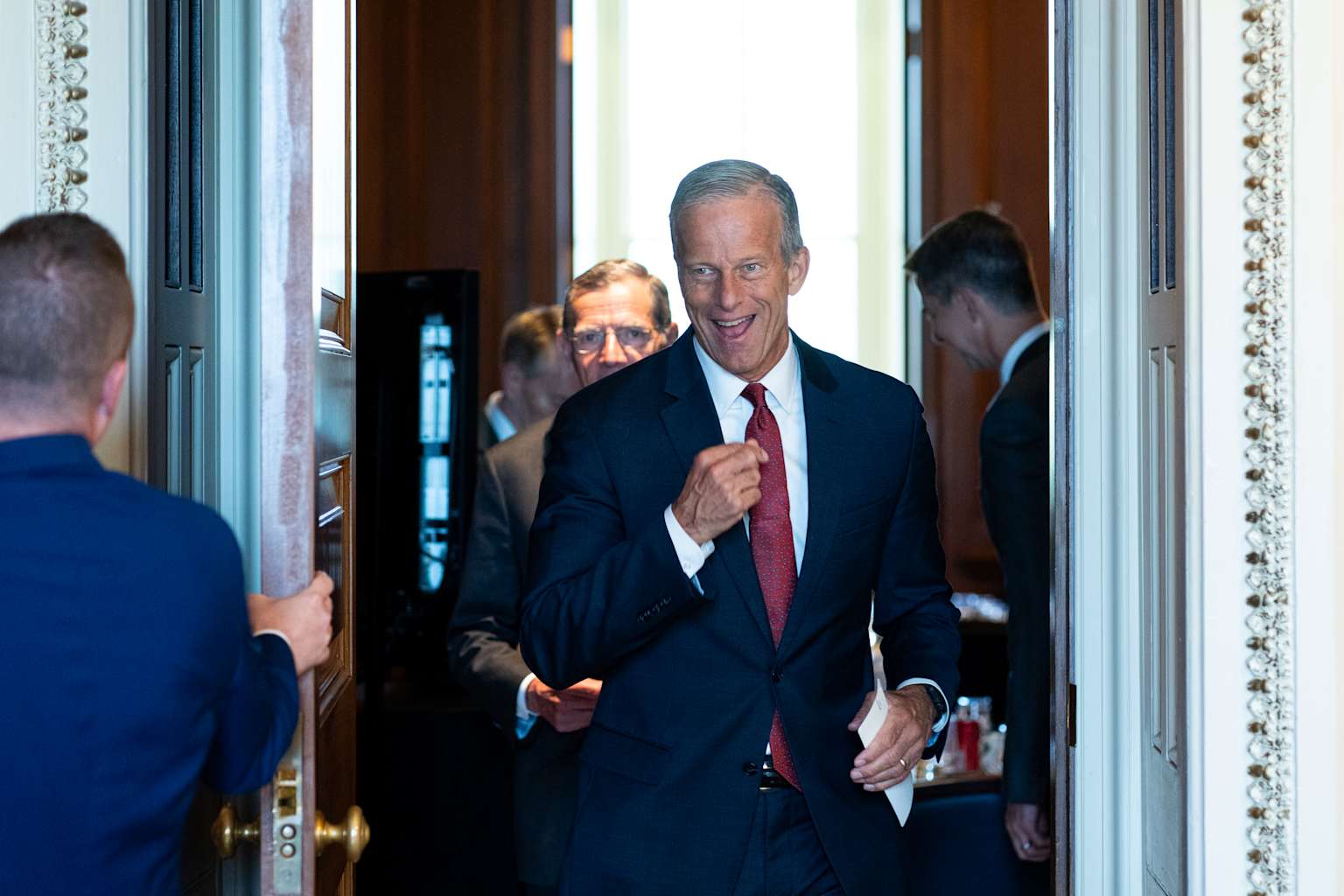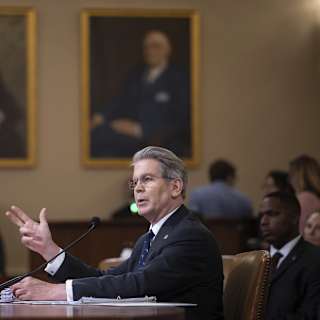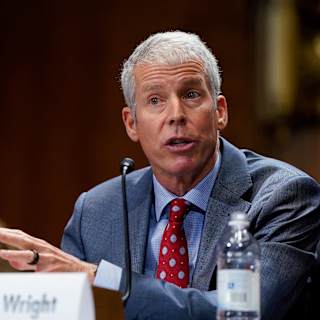- Key Provisions Eliminated
- Surviving Elements
- Political Stakes
Senate committees unveiled revised language for their portions of the Republican megabill on Wednesday, wiping out entire sections after the Senate parliamentarian ruled they violated strict budget rules governing the reconciliation process.
The changes eliminate some of the GOP's most ambitious energy and environment proposals as senators race to finalize text for President Trump's "One Big Beautiful Bill" and vote on it in the coming days. The revisions follow parliamentarian rulings clarifying which sections are ineligible under reconciliation rules that allow the majority party to bypass the filibuster.

Among the losses for Republicans are proposals to repeal authorizing language for environmental programs in the Inflation Reduction Act, according to E&E News1. A rollback of the Environmental Protection Agency's tailpipe emissions rule and language to limit permitting litigation for certain projects were also cut1.
The parliamentarian found that provisions allowing entities to pay fees for accelerated environmental reviews while exempting infrastructure projects from judicial review violated reconciliation rules2. "Wealthy developers could pay to bypass our most fundamental public health and environmental protections and avoid judicial review entirely," the League of Conservation Voters had warned about the proposed changes3.
Most of the Senate's original language will be spared, including the proposed elimination of the Greenhouse Gas Reduction Fund, a provision delaying implementation of the methane pollution fee, and an attempt to zero out fees for automakers that don't meet vehicle efficiency standards1.
Environment and Public Works Chair Shelley Moore Capito said her committee "accomplishes what we pledged to do — stop Democrats' natural gas tax and rescind unobligated dollars from the so-called Inflation Reduction Act, as well as a full repeal of the wasteful Greenhouse Gas Reduction Fund"1.
The committee's proposal seeks to rescind unobligated funding from various IRA sections supporting programs for clean heavy-duty vehicles, greenhouse gas reduction, and air pollution initiatives2.
The reconciliation process allows Republicans to pass the bill with a simple majority, avoiding the 60-vote threshold needed to overcome a filibuster1. However, it requires the Senate parliamentarian to review each committee's proposal to remove items unrelated to the federal budget in what's sometimes called the "Byrd Bath"1.
Environmental groups have mobilized against the legislation. "This bill would destroy the future of clean energy in this country, increase energy costs, slash hundreds of thousands of good jobs," the League of Conservation Voters stated2.
The House passed the bill 215-214 in May, and Senate leadership plans to move quickly toward a floor vote1.



